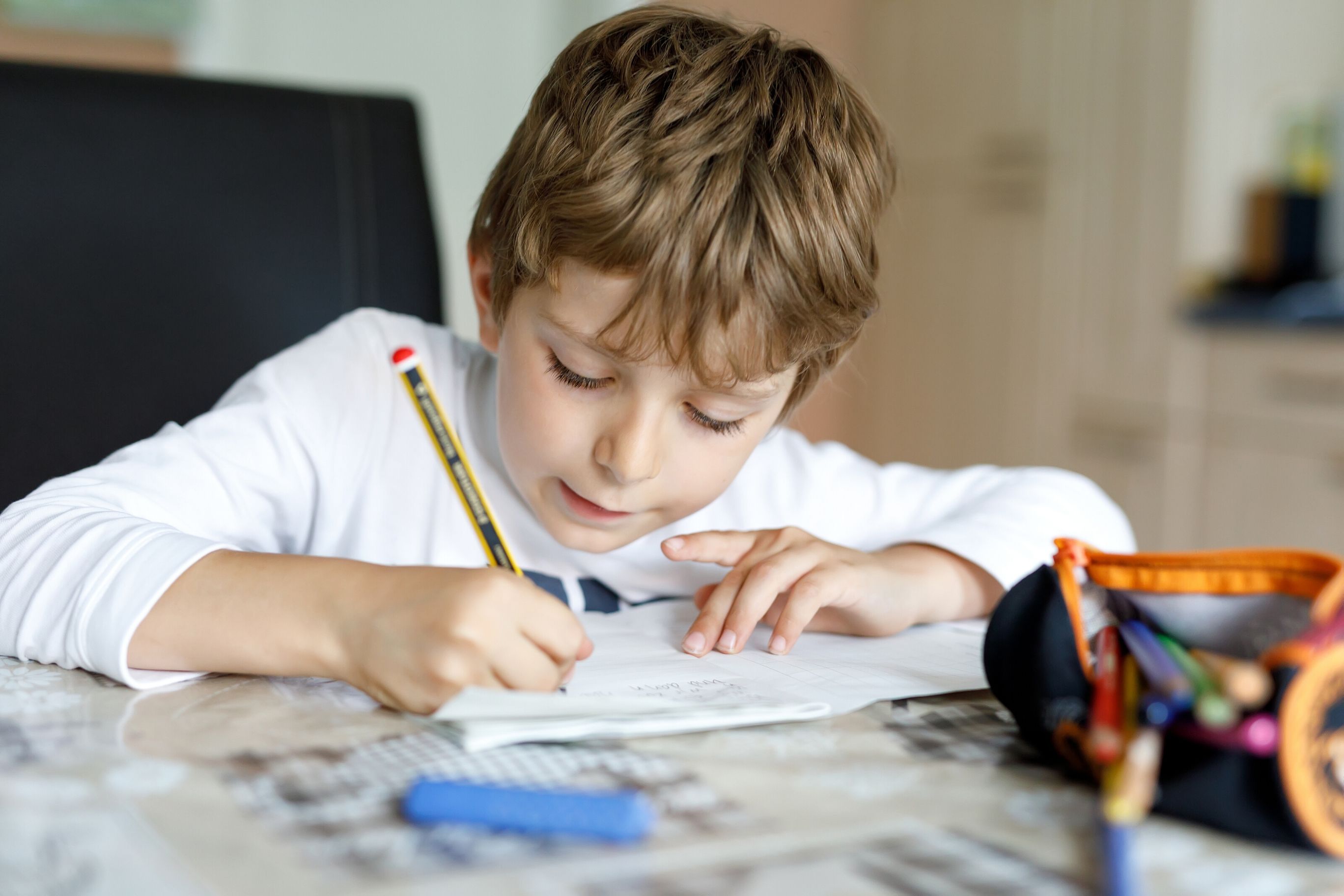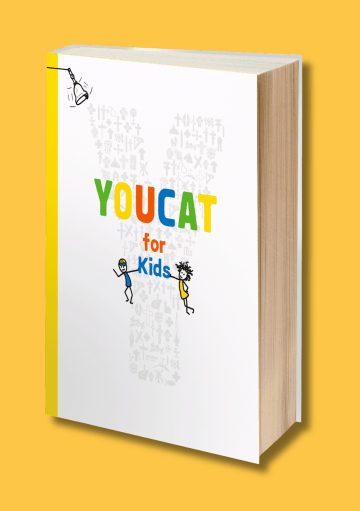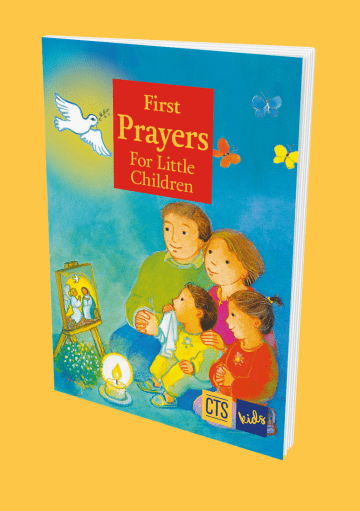Homeschooling. Suddenly, something that used to be pretty niche is now painfully mainstream, whether people like it or not. I’m very used to people looking at me funny as I bimble down to the river with my three boys in tow on a school day, but now we have to slalom down the street to try and stay two meters away from the hordes of other getting in their mandated one-exercise-per-day. And their parents trudge after them and catch my eye with looks ranging from blank shellshock to mild horror. Which I can recognise, from when I first took the plunge, but which now saddens me, because I love homeschooling.
Despite it being my whole life for the last two years, I am no expert. But isn’t that part of the point? For my family, the way it works best is when we’re all discovering the world together. You don’t need to be an expert to be curious, and to draw ideas out of your children. But the “I’m not a trained teacher, I can’t do this!” panic persists, and having heard the recommendation on the radio by an ‘actual expert’ that the best way to homeschool your children is by adopting a serious persona and talking strictly to them, I feel compelled to throw my hat into the ring. Here are my thoughts, in case they’re of any use to anyone who finds themselves suddenly unexpectedly homeschooling.
-
Don’t panic.
They are your children. You made them. More than that, they were given to you by God. He designed them to be your children and he designed you to be their parents. You know them better than anyone. If anyone can see when they’re learning, when they need a break, when they’re excited and sparking and when they’re bored, it’s you. Children are like sponges – they are designed to absorb knowledge. You would have to work really, really hard to stop them from learning. If you give them access to some toys, some books, pens, paper and preferably the outdoors, you are most of the way there already. Trust yourself and trust them.
-
Home is not school and you can’t make it school, so don’t try.
Remember instead that there are so many different places and ways to learn. Be lead by them and find your own rhythm. Maybe doing project books in the garden works best for you? Or maybe intense post-dinner debates are where the sparks fly? Experiment and explore and expect not to follow the timetable you’ve enthusiastically created. Timetables are a great starting point, but the beauty of learning at home is that you can be flexible. If everyone is really excited about learning about igneous rocks, let the conversation flow and maybe explore the rock cycle or look at famous historical volcanic eruptions. Or maybe go for a walk and see if you can find some. Don’t stop just because your timetable says it’s time to do maths.
-
Formal learning doesn’t need to take up too much time.
A genuinely unbelievable amount of time in schools is taken up with “stuff” – walking to and from classrooms, taking the register, waiting for everyone to sit down, waiting for your question to be answered, etc etc etc. One-to-one learning happens SO much more quickly. Formal learning only needs to take a few hours per day at absolute most.
-
Keep your child’s imagination sparking.
If you don’t have one provided by your school, there are loads of different curriculums out there that you can use to help you plan your time if you want to. There are a good number of online ones, which is great, but please don’t expect your child to be on a laptop or phone doing online learning from 9-3 every day. If you’ve ever had to do mandatory health and safety training online, you’ll know how mind-numbing even well-written courses are. They deaden the imagination. I don’t know about you, but I think that one of the most beautiful gifts of childhood is imagination. I am very keen to keep my children’s sparking for as long as I can.
-
What does your child like to do?
When our children are at playgroup, it’s obvious that they’re all very different from each other. Some crawl, some scoot, some talk before they walk, some are silent but alarmingly active… this doesn’t stop when children are old enough to go to school. Hopefully, they’ll all be able to walk and talk, but they will continue to have their significant differences. This is a wonderful opportunity to find out what really makes your child tick. This is a golden space with fewer time restrictions than normal life, and less pressure, so use it to really relax into exploring the world together. Explore through books, or seeds, or singing, or coding, or whatever it is that you discover that makes your child come alive. Find the fun, feel the joy with them, and draw out the answers to the questions that they have.
If there is no joy and nothing seems to be interesting, don’t panic. It takes time to find your groove and it takes time to ‘deschool’. Children who are more used to being told things than exploring things may take a while to get used to it. Personally, I think that ‘screen time’ can exacerbate the “everything else is so boooring” vibe. Lots of time in the garden if you have one, or doing open-ended activities like lego, sketching, writing stories or creating recipes can help. Don’t try to rush into a full program of study immediately because it won’t work. Give each other time.
-
Your attempt at homeschooling won’t ruin your child’s life.
Even if every attempt you make at schooling goes wrong, you will not muck up your child’s life by struggling to learn with them for a term. You just won’t. So once again, don’t panic!
-
This will be an experience your child remembers.
Understand that everyone is tense about the pandemic and that living together all the time is challenging. But keep in mind that your child will probably remember this experience for a very long time. Dedicate it to God. Ask His help. Then use it as an opportunity to love each other, because the knowledge that their parents loved learning with them during this time will last longer than the things they learnt.





